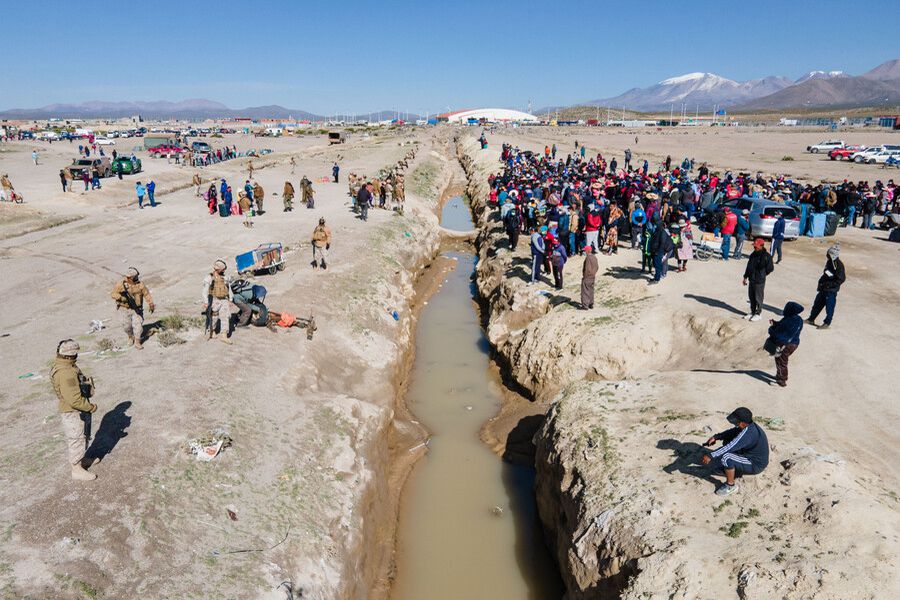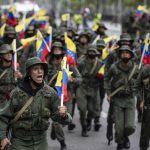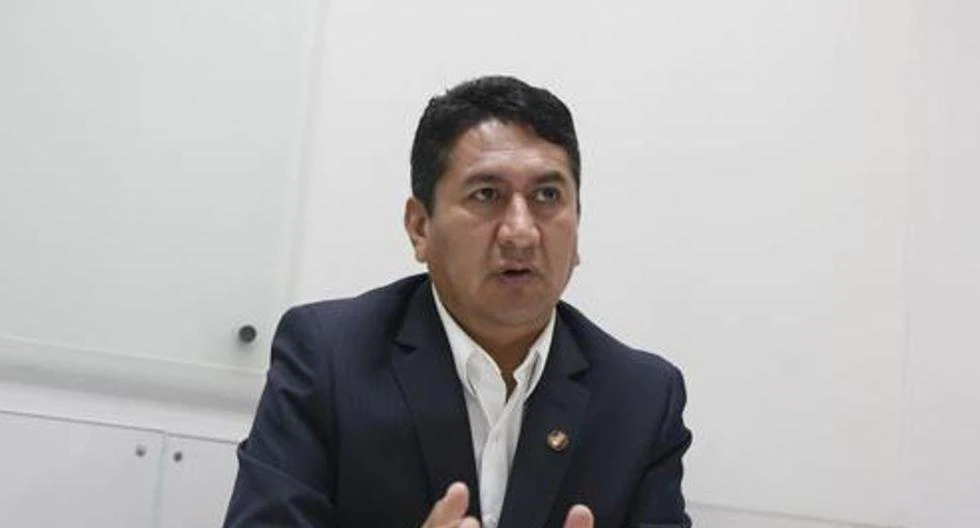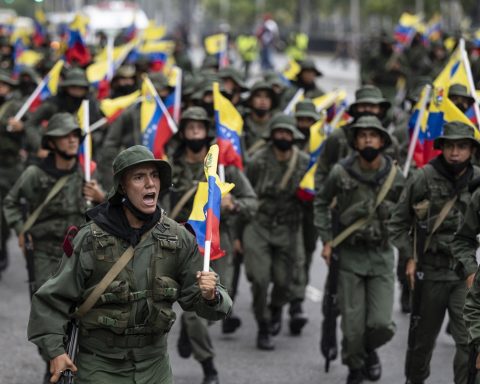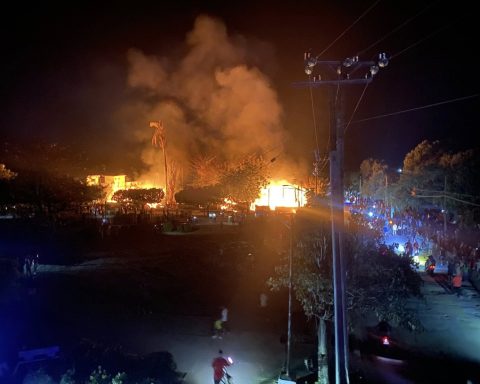“The city is emptying. We are leaving, but my husband and my father are staying to fight,” Nastia told Efe on the edge of the platform of the Kiev Central Station.
Lviv, the capital of western Ukraine and close to the Polish border, is the destination of almost all the displaced people fleeing the war and the imminent Russian bombardment of the city, which they see as inevitable.
A JOURNEY TO NOWHERE
Cars, buses and even trucks drop off entire families in front of the station. In their lost looks you can read the suffering of ten days of Russian invasion.
Many leave behind their lives, their houses and all their belongings. The crane is not enough to remove so many abandoned cars in the square.
The station is abuzz. In its corridors, thousands of people wait for the public address system to announce their train to rush onto the platform. The problem is that there is no schedule or ticket, so you have to run to avoid traveling on foot.
“Where I go? I do not know. Wherever it is,” says Bogdana, a woman living in the capital.
The waiting room is so crowded that the cots have a hard time making their way.
A woman runs with a baby in tow, but the train is almost full. Passengers overflow the car. At the last moment, a man takes pity on her and helps her up.
“Travellers to the train!” shouts a railway employee.
WOMEN AND CHILDREN TO THE TRAIN
The shrieks of some children as they board the car is deafening. Others cry inconsolably through the windows. They don’t want to travel without their parents, but they stay to defend the city from the Russian enemy.
“We have to send the family to a safe place. Otherwise, I couldn’t be calm, ”said Yaroslav, a corpulent soldier who holds in his lap his little son, who is hugging his neck.
He is convinced that the capital will resist the Russian onslaught, since all his friends are determined to “make the Russians pay dearly” for their audacity.
Few men get on the train. Only those over 60 years old. Like a Georgian married to a Ukrainian.
“We hesitated a lot, but finally decided to leave the city. We have to think about the children, ”said his wife, Sveta, looking at her two children.
Of course, few know if they will return. Some have relatives in Lviv. Others rely on the help of international organizations.
Two friends, Yulia and Tatiana, travel together with their three children. They do it without their husbands, who are already on the front line.
Nastia’s mother has also decided to stay, since Kiev is “everything” for her, her “roots” and, more importantly, the grandmother refuses to leave the city.
THE HELL OF IRPEN
The city of Irpen, considered the gateway to Kiev, has been the victim of the cruelty of the Russian artillery in recent days. Interestingly, it is one of the towns designated by both sides in the conflict to be evacuated after the ceasefire agreement reached in Belarus.
“We have escaped by a hair. The Russians have not stopped shooting for a single minute,” an older woman told Efe as she got out of an open truck.
One of the images of the day is the hundreds of people hiding under the bridge blown up in that town by the Ukrainian Army to prevent the Russian advance.
“In the small cities around Kiev the situation is dramatic. People live in basements. Women give birth underground. The ambulances cannot arrive on time”, explains Alina shocked.
She herself came from the Kiev region, where people feel “abandoned” as there is “no food or medicine”.
“The situation is unsustainable. That’s why I’m going to Poland. The explosions have given me a nervous breakdown, ”she says, resigned to a long wait.
And it is that Ilona, a Ukrainian of Iranian origin, has been waiting for seven hours in the corridor.
“I will wait as long as it takes. You have to get to Lviv no matter what,” she stresses.
WE ARE GOING TO SPAIN
Alexandr is a cheerful pensioner born in the capital. The reason for his flight was NATO’s refusal to create a “no-fly zone” to prevent bombing by Russian aircraft.
“A shell fell the other day near home. I think the Russians are going to bomb us at any moment, ”he said, to which his wife immediately nods indignantly.
His destination is “Valencia”, where one of his daughters has lived for a year.
“It will only be provisional,” he adds, before proclaiming in Spanish: “Glory to Ukraine! and long live Spain!
His other daughter and granddaughter Nastia will stay in Poland, where they have found work.
Spain is also the target of Nicoleta, a Romanian living in Kiev, and her partner, of Cameroonian origin, who are accompanied by two unruly children.
“We have chosen Spain as a destination, but we don’t know how to get there. Can you advise us?”, says Nicoleta with a nervous smile.
